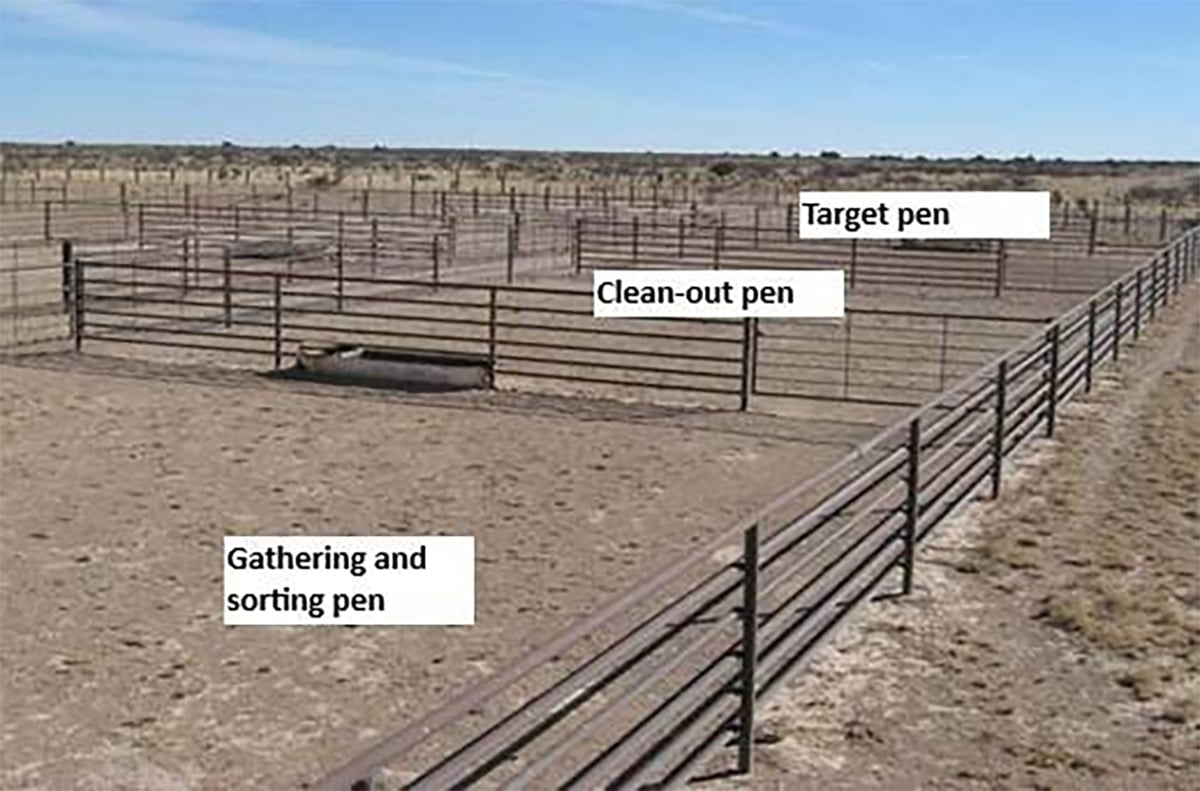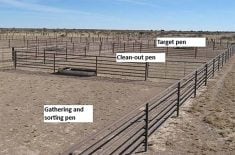Barry Sutton, Maple Leaf Foods vice-president, considers it a mystery.
Despite increasingly urgent pleas from the $3 billion pork export industry that it is in danger of losing a $300 million market in South Korea, the otherwise trade-aggressive Conservative government has backed away from free trade talks with the Asian country.
Meanwhile, the United States has negotiated a deal that will see import tariffs gradually reduced and disappear in five years, leaving Canadian exports at an impossible disadvantage. It takes effect early next year.
But Canada-Korea talks, started in 2005, have been dormant since 2008.
Read Also

Teamwork and well-designed handling systems part of safely working cattle
When moving cattle, the safety of handlers, their team and their animals all boils down to three things: the cattle, the handling system and the behaviour of the team.
“It does seem out of character for this government,” Sutton told a Nov. 17 Parliament Hill news conference. “What’s concerning us is we’ve stepped away from the table. We don’t understand.”
He joined Olymel executive Richard Davies, Canadian Pork Council president Jurgen Preugschas and Canada Pork International chair Edouard Asnong in calling on the Conservative government to restart talks with the South Korean government.
Preugschas said the Conservative government has helped the hog industry weather bad markets and poor returns in recent years, but loss of the Korean market would undo much of that help, he said.
On his own farm that produces 20,000 hogs per year, access to the Korean market is important for sales and prices. He also sells breeding stock to Korea.
Olymel’s Davis said the U.S. deal, which only requires approval from the South Korean parliament, will start a staged reduction in tariffs that quickly will erode Canadian competitiveness in the Korean market.
By 2016, U.S. pork would have tariff-free access while Canada would face a 22.5 percent tariff on chilled and a 25 percent tariff on frozen pork, a $10 per hog disadvantage.
But he said Canada’s ability to compete would end before then, as U.S. tariffs gradually decrease.
“With this disadvantage, our Korean business will be gone within two years,” Davis said.
Loss of that market, the fifth largest in volume and fourth largest in value, would hurt production and jobs at packing plants across the country including Maple Leaf in Brandon and Olymel in Red Deer.
“It is urgent that we restart talks,” said Sutton. “We can’t wait any longer.”
Since U.S. president Barack Obama personally intervened to get U.S.-Korea talks back on track to a successful conclusion, there was some suggestion it could take a move by prime minister Stephen Harper to get Canada back in the game.














